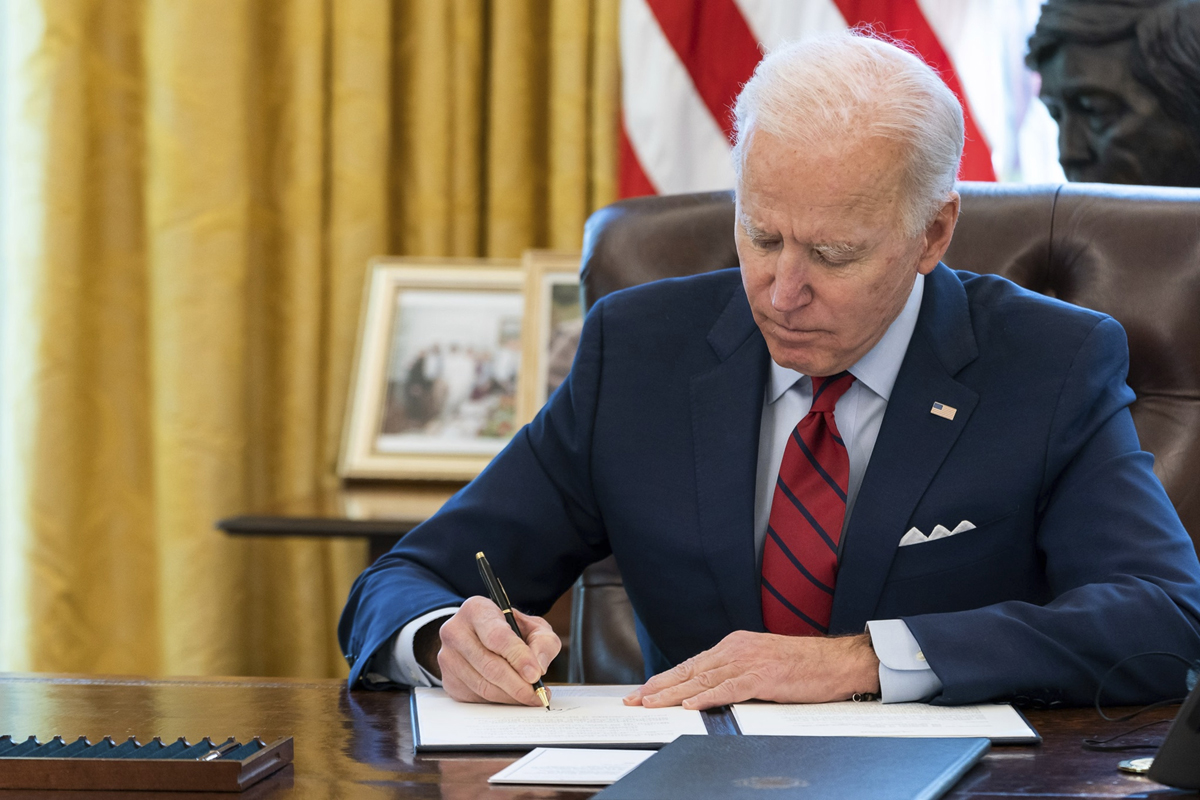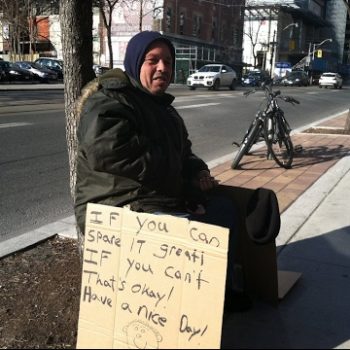Changes at HUD Signal New Era for Housing Rights
President Joe Biden campaigned on a promise to build strong communities by increasing the supply of affordable and stable housing. In just two months, his administration has implemented critical changes at the Department of Housing and Urban Development (HUD) to make this promise a reality.
From addressing housing discrimination to spending billions on building affordable housing, Biden is using HUD to usher in a new era for housing rights in the U.S. This strategy includes keeping people who were financially impacted by COVID-19 in their homes and increasing access to housing.
Here are a few ways the Biden administration is accomplishing its housing goals.
Strategic Differences
While HUD will function in essentially the same way that the agency did during the Trump years, the Biden administration has taken a completely different strategic approach to solving the country’s housing and homelessness issues.
Trump used HUD as an engine of deregulation, a strategy Trump claimed would allow the real estate market to build more affordable housing and help homeless people find housing. He directed the agency to roll back fair housing regulations and more technical rules such as the Small Area FMR Rule, which allowed low-income individuals to use housing vouchers in better areas for work, school, and healthcare.
In turn, the average home price increased 40 percent, according to data from Zillow. Moreover, a survey of 500 counties by ATTOM Data Solutions, a real estate data firm, found that the median price of homes in more than half of the counties had become less affordable for median wage income earners, a 33 percent increase from 2017.
Meanwhile, HUD data shows the homeless population grew by 30,000 people during Trump’s term in office. In fact, 2020 marked the first time that the number of people experiencing unsheltered homelessness exceeded the number of people in shelters.
Biden has taken the opposite approach. Rather than strip away rules and safeguards, HUD is enforcing fair housing policies thwarted under Trump, providing grants to cities to provide affordable housing, and authorized newly minted Secretary Marcia Fudge to draft a national right to housing law.
Addressing Housing Discrimination
As a rule-making agency, HUD has the statutory authority to prescribe a course of conduct or action that must be taken and is enforceable by the courts. However, HUD doesn’t have to enforce all of its rules at all times. HUD’s Secretary can pick and choose which rules are in play.
While under the direction of former Secretary Ben Carson, HUD enforced rules regarding overt acts of discrimination such as refusing to rent to a tenant based on their race, creed, or national origin. The agency also enforced rules regarding housing discrimination on religious grounds.
One group that conspicuously escaped HUD’s enforcement arm was mortgage lenders, a trend the Biden administration has since reversed. Since January, HUD has secured settlements with JP Morgan Chase for discriminatory home appraisals and Wells Fargo for discriminatory mortgage lending.
HUD has also moved to ban housing discrimination based on sexual orientation or gender identity to combat the discrimination against LGBTQ persons that advocates say Trump’s policies made much worse.
Michael Adams, CEO of Services and Advocacy for GLBT Elders (SAGE), told the U.S. House Financial Services Committee in October 2019 that elderly same-sex couples lag behind different-sex married households in income, assets, and homeownership. This discrimination often results in greater financial instability, placing them at increased risk of experiencing homelessness.
“Older people in same-sex relationships have suffered the cumulative effects of discrimination. This uneven playing field has real and lasting effects on financial security, particularly in retirement years,” Adams said.
Building Back Stronger
With a policy framework to address discrimination, HUD has begun addressing the historic housing supply shortage.
In February, the agency announced it was investing a combined $8.2 billion to preserve public housing and provide grants to local governments for affordable housing projects. $5.5 billion of the total went to programs that saw substantial budget cuts under the Trump administration, such as the Community Development Block Grant and the HOME Investments Partnership programs.
HUD’s Office of Policy Development and Research is also working with the Office of Management and Budget to collect data concerning affordable public housing options to improve access and help voucher programs meet their needs.
Other agencies are assisting in these efforts as well. The Consumer Financial Protection Bureau’s Office of Fair Housing & Equal Opportunity issued a rule on March 16 to prohibit discrimination based on gender and sexual orientation in credit transactions.
Federal Right to Housing
.@HUDgov’s 2020 #AHAR #PIT Part 1 report, released this morning, shows an alarming increase in overall #Homelessness since 2019 – and that’s before #COVID19 made the crisis worse.
HUD is fighting to #EndHomelessness and make housing a right. pic.twitter.com/aZSnYBguua
— Secretary Marcia L. Fudge (@SecFudge) March 18, 2021
Since being confirmed as HUD Secretary, Fudge has promised that the agency will work to end homelessness in the U.S. by making housing a right shared by all. This strategy comes at a critical time in the right to housing movement, as state legislatures across the country debate similar bills.
The Connecticut General Assembly’s Housing Committee advanced a bill that would establish a right to housing in the state. It would guarantee access to affordable and safe housing and protect against requiring the Attorney General to conduct housing access audits.
Los Angeles’ city council is also considering how it can adopt similar legislation. Some city councilmembers have likened the movement to the mortgage lending protections California adopted following the Great Recession in 2008.
Similarly, Oregon’s lawmakers are debating a bill that would give homeless people the right to rest in the state. According to the Western Regional Advocacy Project, a nonprofit housing organization, the bill would guarantee all Oregonians have the right to exist in public space without the threat of harassment, citation, or arrest.
How You Can Help
It’s important to remember that federal legislation is just one piece of the puzzle to solving housing and homelessness issues. The remaining support must come from local governments, stakeholders, and concerned community members.
There are several ways to support the efforts to promote access to affordable housing. First, be sure to contact your local lawmakers. Let them know that housing and homeless rights are issues that you care about deeply. Show up at a few committee meetings and make your voice heard.
If talking to lawmakers isn’t your strength, find an organization dedicated to serving the homeless community and offer to volunteer. Organizations can vary from soup kitchens to mobile laundry facilities and everything in between.
Together, everyone makes an impact— no matter how you choose to participate.













